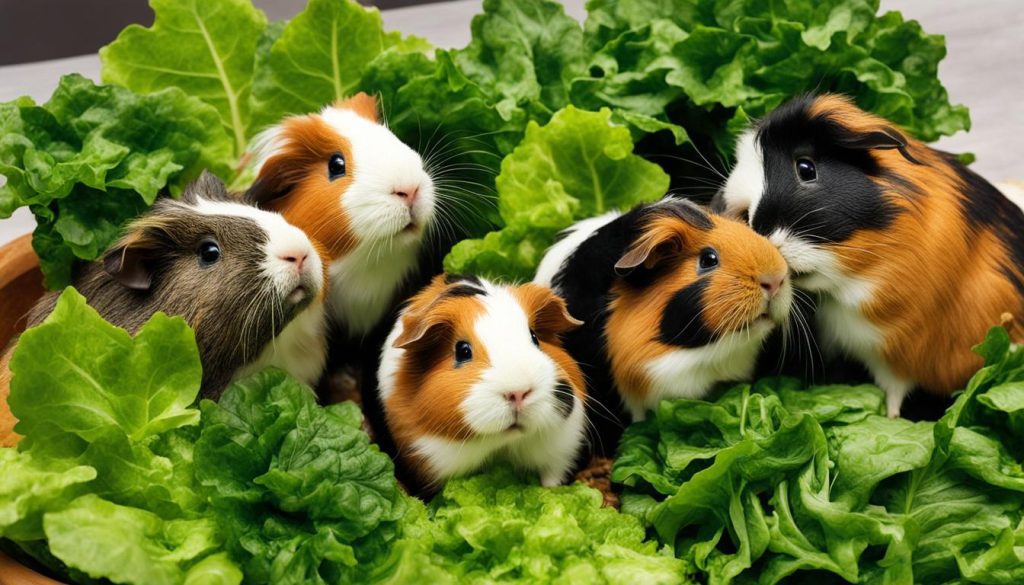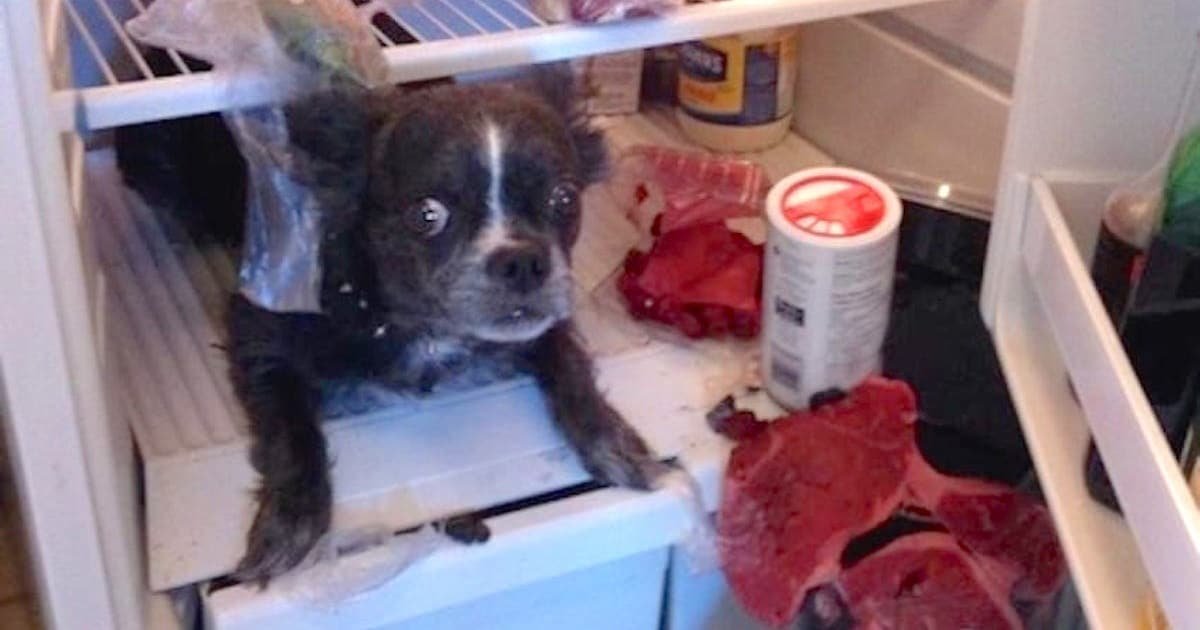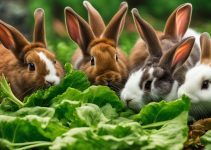Hey there! If you’re a guinea pig parent like me, you probably love spoiling your furry friend with treats. But when it comes to our guinea pigs’ diets, we need to be careful and make sure we’re feeding them the right foods. One question that often comes up is, can guinea pigs eat bananas? Well, let’s dive into this topic and find out!
Now, guinea pigs can indeed have bananas, but they should be given in moderation. Bananas are high in sugar, and too much sugar can lead to weight gain and other health issues in guinea pigs. However, when given as an occasional treat, bananas can provide some health benefits for our little buddies.
Can Guinea Pigs Eat Bananas? Yes, they can – as a treat.
- Guinea pigs can eat bananas in small amounts as a treat
- Bananas are high in sugar and should not be a regular part of their diet
- Peel and cut the banana into small pieces before feeding it to your guinea pig
- Bananas are rich in fiber, vitamin A, vitamin B-6, and vitamin C, which are beneficial for guinea pigs’ health
- Feed bananas in moderation to avoid weight gain and other health issues
The Importance of Hay and Grass in a Guinea Pig’s Diet
When it comes to the diet of a guinea pig, one cannot overstate the importance of hay and grass. These two components are the cornerstone of their nutrition and play a vital role in maintaining their overall health and well-being.
Hay is not just a source of food for guinea pigs; it is essential for their digestive system. Guinea pigs have delicate digestive systems that require a high-fiber diet to maintain proper gut health. The long strands of hay help to keep their digestive tract moving and prevent blockages and other digestive issues.
In addition to aiding digestion, hay also contributes to the dental health of guinea pigs. Their teeth continue to grow throughout their lives, and chewing on hay helps to wear down their constantly growing teeth, preventing them from becoming overgrown and causing discomfort.
Grazed grass is another valuable component of a guinea pig’s diet. Freshly grazed grass provides them with essential nutrients and hydration. However, it’s important to note that grass cuttings should be avoided as they can make guinea pigs unwell. Instead, allow them to graze on fresh, pesticide-free grass in a controlled environment to ensure their safety.
High Fiber Diet for Dental Health
By incorporating a high amount of hay and grazed grass into a guinea pig’s daily diet, you are not only providing them with the vital nutrients they need but also promoting their dental health. Remember, a healthy guinea pig is a happy guinea pig!
The Importance of Guinea Pig Nuggets and Fresh Water
When it comes to providing a balanced diet for guinea pigs, guinea pig nuggets and fresh water play a crucial role. Guinea pig nuggets are specially formulated pellets that are fortified with essential vitamins and minerals. They provide the necessary nutrients to support the overall health of guinea pigs. It is important to choose nuggets that are high in beneficial fiber and contain vitamin C and antioxidants, as these are essential for guinea pig nutrition.
Guinea pig nuggets should make up around 5% of a guinea pig’s daily diet. This means offering a tablespoon-sized portion of nuggets per day. It is crucial not to overfeed nuggets, as they can be high in calories and contribute to weight gain. To ensure their freshness and nutritional value, store nuggets in a cool, dry place and check the expiration date before feeding them to your guinea pigs.
In addition to guinea pig nuggets, fresh water is essential for the well-being of guinea pigs. They should have constant access to clean, fresh water in special pet bottles with a sipper tube and ball bearing. It is important to regularly clean and refill the water bottles to prevent the buildup of bacteria. Dehydration can be dangerous for guinea pigs, so it is crucial to monitor their water intake and ensure it is always readily available.
Fresh Greens for Guinea Pigs
Guinea pigs can enjoy a variety of fresh greens as a healthy addition to their diet. These greens provide essential nutrients, including vitamin C, which is crucial for their overall well-being. When choosing fresh greens for your guinea pigs, it’s important to focus on safe vegetables that are low in calcium and high in fiber. Some safe options include artichoke leaves, bell peppers, beetroot, carrot tops, celery leaves, chicory, collard greens, courgette, green beans, lettuce, parsnips, peas, rocket, savoy cabbage, spring greens, Swiss chard, and watercress.
Feeding fresh greens to your guinea pigs should be done in moderation to prevent digestive issues. It’s best to introduce new greens gradually to allow their digestive systems to adjust. Start with small portions and observe how your guinea pigs react. If they experience any tummy upsets, reduce the amount or try different greens. Remember, each guinea pig is unique, and what works for one may not work for another.
Along with providing essential nutrients, fresh greens also offer enrichment and variety in your guinea pigs’ diet. They enjoy the different textures and flavors, which can help stimulate their appetites and prevent boredom. Just make sure to wash the greens thoroughly before feeding them to remove any dirt or pesticides. Offering a variety of fresh greens alongside their regular diet of hay, guinea pig nuggets, and fresh water ensures a well-rounded and nutritious meal for your beloved pets.
Vitamin C for Guinea Pigs
One important aspect of fresh greens is their high vitamin C content. Guinea pigs, unlike humans, cannot produce their own vitamin C and must obtain it from their diet. Vitamin C is crucial for their immune system, growth, and overall health. By incorporating vitamin C-rich greens into their diet, you can help prevent vitamin C deficiency, which can lead to health problems like scurvy. However, it’s essential to note that vitamin C is sensitive to heat and light, so storing fresh greens properly and feeding them promptly is vital to ensure the maximum nutritional benefit.

Adding fresh greens to your guinea pigs’ diet not only provides them with essential nutrients but also enhances their mealtime experience. Remember to introduce new greens gradually, observe any adverse reactions, and provide a varied diet that includes other necessary feedings such as hay, guinea pig nuggets, and fresh water. With a balanced and nutritious diet, your guinea pigs will thrive and be at their happiest and healthiest.
Tasty Treats for Guinea Pigs
Guinea pigs love the occasional treat, and fruits can be a delicious and healthy option. However, it’s important to feed them in moderation due to their high sugar content. Safe fruits for guinea pigs include apple (without the seeds), banana, blueberry, carrot, cherry, kiwi, melon, pear, plum, squash, and strawberry. These fruits provide vitamins and minerals that can contribute to their overall health.
Feeding fruits to guinea pigs should be done sparingly. Small pieces or slices can be offered as a special treat once or twice a week. Remember, a guinea pig’s diet should primarily consist of hay, fresh grass, guinea pig nuggets, and water. Fruits should not replace these essential components.
Health Benefits of Fruits for Guinea Pigs
Fruits can provide valuable nutrients for guinea pigs. For example, strawberries are high in vitamin C, which is essential for their well-being. Apples and pears are rich in fiber, promoting a healthy digestive system. Blueberries contain antioxidants that contribute to their overall health. Carrots are a good source of vitamin A, which supports their vision and immune system.
When offering fruits to guinea pigs, always make sure to wash them thoroughly and remove any seeds, pits, or stems that may be harmful. It’s also recommended to introduce new fruits gradually to observe any adverse reactions or digestive issues. By treating your guinea pig to these tasty fruits in moderation, you can provide them with a varied and enjoyable diet.
Tasty treats can be a delightful addition to a guinea pig’s diet. While fruits offer health benefits and make great treats, it’s important to feed them in moderation. Remember to prioritize their main diet of hay, grass, nuggets, and water. By providing a balanced and varied diet, you can keep your guinea pig happy and healthy.
Foods to Avoid Feeding Guinea Pigs
When it comes to feeding your guinea pigs, it’s important to be aware of the foods that can be harmful to their health. Certain foods can be toxic, cause digestive issues, or even pose a choking hazard. To ensure the well-being of your furry friends, here are some foods to avoid feeding guinea pigs:
Chocolate and Dairy Products
Chocolate contains theobromine, which is toxic to guinea pigs and can lead to serious health problems. Similarly, dairy products, such as milk and cheese, can be difficult for guinea pigs to digest and may cause gastrointestinal discomfort.
Citrus Fruits
While guinea pigs need vitamin C in their diet, citrus fruits like oranges and lemons are too acidic for their sensitive digestive systems. Instead, opt for safer options like bell peppers, which are high in vitamin C and safe for guinea pigs to consume.
Toxic Plants and Vegetables
There are certain plants and vegetables that are toxic to guinea pigs and can cause severe health issues. Avoid feeding them buttercups, daffodils, poppies, and tulips, as these can be poisonous. Additionally, vegetables like potatoes, onions, garlic, and mushrooms should be avoided as they can be harmful to guinea pigs’ health.
Other Foods to Avoid
Other foods that should not be fed to guinea pigs include tomato vines and leaves, avocado, iceberg lettuce, rhubarb and its leaves, chives, and seeds and nuts. These foods can cause digestive problems, toxicity, or pose a choking hazard for guinea pigs.
Conclusion
Providing a balanced and nutritious diet is essential for the health and well-being of guinea pigs. The key components of their diet include hay, grazed grass, guinea pig nuggets, and fresh water. These elements ensure they receive the necessary fiber, vitamins, and minerals for optimal health.
While fresh greens and fruits can be given as occasional treats, it is important to remember that they should be offered in small amounts to prevent weight gain and other health issues. The majority of their diet should consist of hay and grass, which are crucial for proper digestion and dental health.
Additionally, it is crucial to avoid feeding guinea pigs toxic or dangerous foods such as chocolate, dairy products, and onions. These items can be harmful and pose a risk to their well-being. By following these guidelines and consulting with a veterinarian for personalized recommendations, you can ensure your guinea pigs receive a safe and balanced diet.
Remember, maintaining a healthy diet is just one aspect of guinea pig care. Providing a comfortable and stimulating environment, regular veterinary check-ups, and plenty of love and attention are also vital for their overall well-being. By taking these steps, you can ensure your guinea pigs live a happy and healthy life.
FAQ
Can guinea pigs eat bananas?
Yes, guinea pigs can eat bananas in small amounts as a treat. However, bananas are high in sugar and should not be a regular part of their diet. Feed them in moderation to avoid weight gain and other health issues.
What should the majority of a guinea pig’s diet consist of?
The majority of a guinea pig’s diet should consist of hay and grazed grass. Hay is essential for maintaining a healthy digestion and dental health. Each guinea pig should receive at least its own body size in fresh feeding hay every day. Avoid feeding grass cuttings as it can make guinea pigs unwell.
What are guinea pig nuggets and why are they important?
Guinea pig nuggets are high-fiber pellets fortified with vitamins and minerals. Around 5% of a guinea pig’s daily diet should consist of these nuggets. They provide the right balance of nutrients to support guinea pigs’ overall health.
Can guinea pigs eat fresh greens?
Yes, guinea pigs can eat fresh greens as a source of vitamin C and additional nutrients. Safe vegetables for guinea pigs include artichoke leaves, bell peppers, beetroot, carrot tops, celery leaves, chicory, collard greens, courgette, green beans, lettuce, parsnips, peas, rocket, savoy cabbage, spring greens, Swiss chard, and watercress. Feed greens in moderation to avoid tummy upsets.
What fruits can guinea pigs eat?
Guinea pigs can be given small amounts of safe fruits as occasional treats. Safe fruits for guinea pigs include apple (without the seeds), banana, blueberry, carrot, cherry, kiwi, melon, pear, plum, squash, and strawberry. However, fruits should be given in very small amounts due to their high sugar content.
What foods should be avoided when feeding guinea pigs?
Guinea pigs should avoid chocolate, dairy products, citrus fruits, buttercups, daffodils, poppies, tulips, potatoes, onions, garlic, mushrooms, tomato vines and leaves, avocado, iceberg lettuce, rhubarb and leaves, chives, seeds, and nuts. These foods can be toxic, cause upset stomachs, or pose a choking hazard.






